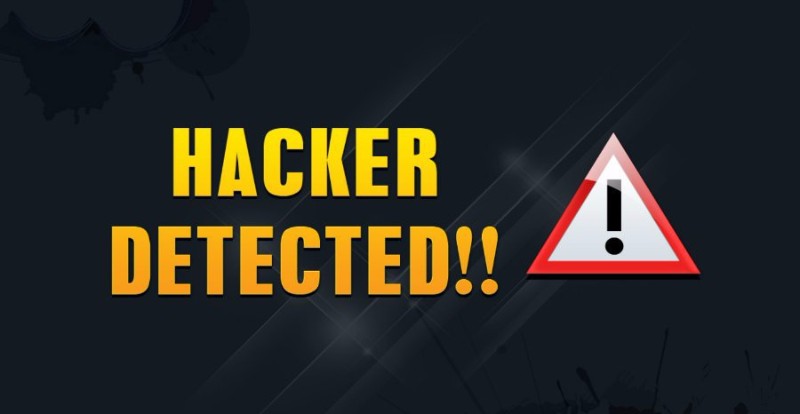Semalt Expert About Hacking Attacks – How & Why?

As more people turn to using the internet, a common threat has emerged – hacking. Initially, the term referred to the process of learning computer systems and programming languages. With time, the term took on a sinister meaning indicating the ability to bypass a computer network or system security.
Igor Gamanenko, one of the leading experts of Semalt, takes a deep look at the reasons and purposes of hacking attacks.
Generally, website hackers level 5 types of attacks against networks and computers. These include:

1. Distributed Denial of Service (DDoS) attacks
These are designed to compromise systems that do not have adequate security features and focus on open ports as well as connections in the network. Normally, DDoS attacks seek to undermine the system by sending multiple requests which cause the network or system to crash or shut down. In spite of this, most systems withstand the attacks and recover easily.
2. Trojan Horse
This is a software disguised as an important freeware or shareware. The disguised software is often installed consciously by a webmaster who does not know what the software actually contains.
Normally, the software contains features that open the back door of your system to allow unauthorized access to your system whenever you use the software. Alternatively, the software has a trigger which is set off by certain occurrences or by a date. Once triggered, the software shuts down your system or network. Spyware is a less harmful software that is commonly used to collect data which is later sold to marketing companies.
3. Virus
This is the most common threat webmasters encounter. At the most basic level, it is a malicious program that is capable of replicating itself. The primary focus of a virus is to attack and destroy the host's system. Common examples of malicious programs include Frodo, Cascade and Tequila.
4. Websites
These are shadowy sites that exploit security weaknesses in certain web technologies in order to induce your browser to engage in unauthorized activities.
5. Worm
This is a self-copying malware that hoards precious resources in your system until it gets overloaded and stops functioning. Worms are designed for specific types of computers which make them ineffective against some systems.

So, why do website hackers engage in these malicious activities?
1. To access and use your system as an Internet Relay Chat for illegal activities-since hackers often engage in illegal activities, they need to hide their operations. To do this, they take over servers to store illicit content or for communication purposes.
2. To steal information.
3. For fun and entertainment.
4. For revenge-tech savvy staff fired from a company or resentful business, rivals are highly likely to crack your system in a revenge attack.
5. For publicity-some hackers love publicity and would do anything to get noticed.
6. To experiment or test the system-in some instances, webmasters request ICT experts to probe their systems in order to identify its weaknesses in an attempt to assist in enhancing security.
7. Due to a disorder known as Asperger Syndrome. People who suffer from this condition are antisocial but are endowed with the ability to focus on a problem for a very long period.
8. Out of curiosity.
9. To check what colleagues, spouses, business rivals or family members are up to.
10. To gain bragging rights.
11. As an intellectual challenge.
12. For financial gain-though most website hackers do not do it for money, some cyber criminals make their living by engaging in credit card fraud.

People at risk of malicious attacks
- Internet security companies-these firms have the best security which makes them an attractive target for hackers.
- High profile firms-political party websites and multinational corporations are usually an irresistible target for hackers seeking to gain bragging rights.
- Anyone with site-though e-commerce sites are mostly targeted by cyber criminals, hackers do not mind shutting down any vulnerable system.
How website security is compromised
Websites hacking can be very fascinating. It is evident that compromised businesses had an indication of hacking, but did not think the infection would extend to their websites. Accessing control of your business means a great deal. To access control, a hacker makes a series of attempts of your username and password. Your credentials might be transferred from one scope to the other through proper interception made by a hacker.
Another way of being hacked is through the software vulnerabilities. It does not have to be your installed software, but also your browsers. A hacker may get access to your credentials by taking control of your browser.
As a website owner, you need to work on how to protect your website from being hacked. Emphasizing on how visitors access your business website is one aspect that can help you protect your site. Ensure that no credentials are displayed. Make your site user-friendly by observing your website security.